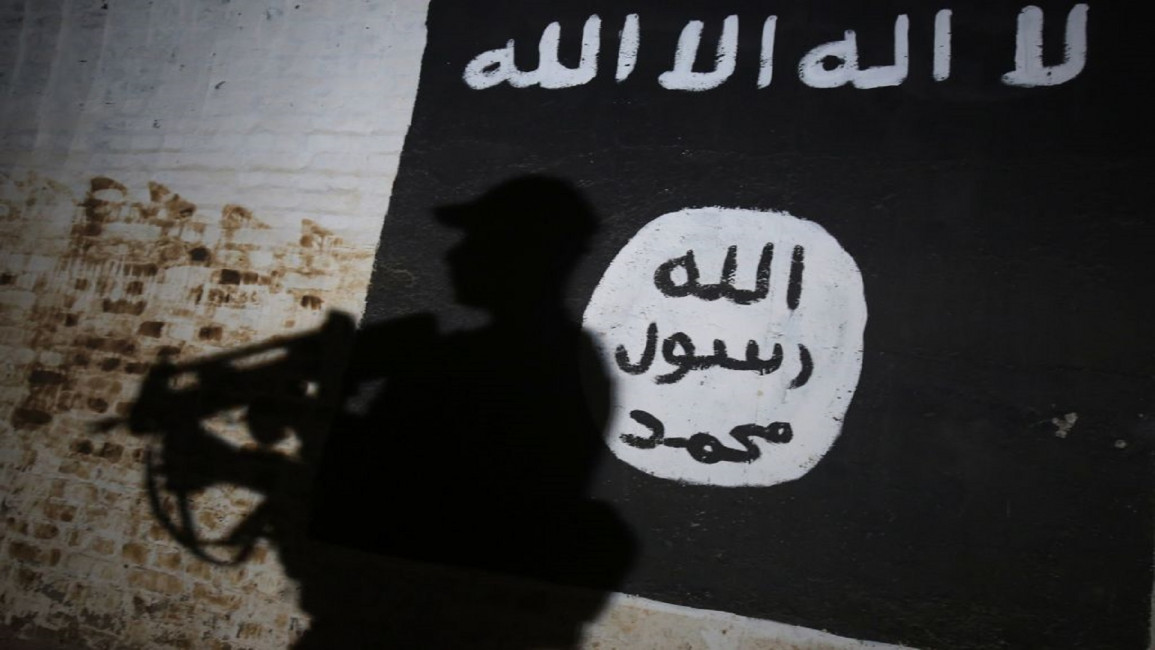Coronavirus pandemic increases risk of IS resurgence: UN
The report, based on intelligence from unnamed UN member states, says IS could seek to "end its marginalisation from the news" with a new wave of violence.
"Isis has enjoyed a captive audience, with so many people facing restrictions on movement and spending more time online. Threats may have accumulated during this period that remain undetected but could manifest in due course," said the report.
"The pandemic has weakened the hand of governments in conflict zones more than it has inhibited terrorist groups, and its long-term impact on economies, government resources and allocations for international cooperation risks aggravating the threat further," the report added.
"The economic and political toll of the pandemic, its aggravation of underlying drivers of violent extremism and its expected impact on counter-terrorism efforts are likely to increase the long-term threat everywhere."
Read more: With the world distracted, Islamic State readies for a resurgence in Syria
The report said IS poses a lower risk to "non-conflict zones" such as Europe but added that as restrictions to contain the coronavirus' spread ease, "a rash of pre-planned attacks may occur".
IS spokesperson Abu Hamza al-Qurashi in October called on supporters "to spend less time on social media and more effort on high-impact attacks, jail-breaks and other operational activity".
The UN report added that the group continues to promote the "divine punishment of arrogance and unbelief" narrative regarding the pandemic.
Though members within the group previously suggested using contagious members to weaponise the virus and infect their enemies, this ploy "has not progressed as a practical proposition", it said.
Last March, IS leaders ordered followers to avoid travelling to Europe, which it called "the land of the epidemic".
Iraq’s Counter-Terrorism Service launched a new anti-IS operation last month dubbed "Revenge of the Martyrs", responding to a double IS attack in a crowded market in Baghdad in which at least 32 were killed and 110 wounded.
The incident raised fears of the extremist group’s resurgence following its marginalisation in 2017 after US-backed Iraqi forces drove IS from its stronghold in Mosul.



